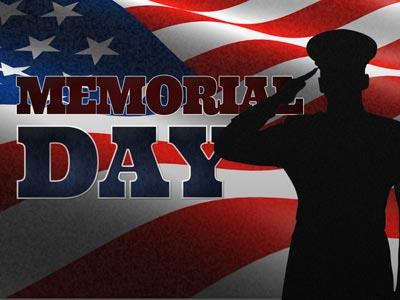-
Reality
Contributed by Tim Smith on Nov 28, 2017 (message contributor)
Summary: So we need to not be paralyzed by bad stuff, but in the midst of such tragedies, failures and sinfulness, there is one thing we need to do: remember who God is. That is what Nehemiah 9 is about. When you have bad things happen, first and foremost, remembe
[Re]ality
Nehemiah 9:5b-9, 32-38
We’ve all been there. When life is falling apart, things seem to be going against us and we descend into a pit that’s darker and darker. A parent loses a young child, a healthy man with young children discovers he has cancer and just months to live, someone undermines us for a job promotion. It happens totally outside who you understand yourself to be and you begin to live in shame, questioning everything about yourself. It can also happen when you realize the life you’ve been leading has failed God and suddenly you’re paying the price? It’s in those moments that we ask the question, “Why?”
This is where Israel finds itself. They have gathered together, heard the word of God read and were convicted in their hearts of their sins. They began to mourn by fasting, wearing sackcloth, and putting dust on their heads. As they heard the Bible read, they no doubt came across Leviticus 20:26: “You are to be holy to Me because I, the Lord, am holy, and have set you apart from the nations to be my own.” The pain only worsened as they realized how short they had fallen of God’s will. And their question begins to echo in the gathering: “Why?” How does a loving God, who is all powerful, allow bad things to happen?
Judaism had several answers to that question. The first is freedom of choice. Love means that we have freedom of choice. Love can’t be forced but must be a matter of free will. When God created us for a relationship, he opened himself up and made himself vulnerable by giving us the choice to love him or deny him. How does a loving God allow evil? Because love opens the door to freedom of choice, many times we choose our will over God’s. Second, as a result of Adam and Eve’s banishment from the Garden and their innate selfishness, we now live in a sin stained world. And because it is sin-stained, evil exists and is a very real part of the world in which we live. That means it can influence us and even attack us. Third, there are the sins of our ancestors. The Israelites realized their ancestors had sinned and it had a direct impact on their lives, their attitudes and their behavior. We are a product of our past. It is like that pebble thrown into a pond and the ripples that go out. And so the sins of our father and grandfathers are passed on and influence our lives, like alcoholism, drug abuse, physical abuse, divorce and on and on. In other words, the choices you make today are going to affect your children and grandchildren.
And yet sometimes we may not know why things happen in the midst of such events. Rabbi Shraga Simmons tells the story of a farmer who owned a horse. And one day the horse ran away. All the people in the town came to console him because of the loss. "Oh, I don’t know," said the farmer, "maybe it’s a bad thing and maybe it’s not." A few days later, the horse returned to the farm accompanied by 20 other horses. (Apparently he had found some wild horses and made friends!) All the townspeople came to congratulate him: "Now you have a stable full of horses!" "Oh, I don’t know," said the farmer, "maybe it’s a good thing and maybe it’s not." A few days later, the farmer’s son was out riding one of the new horses. The horse got wild and threw him off, breaking the son’s leg. So all the people in town came to console the farmer because of the accident. "Oh, I don’t know," said the farmer, "maybe it’s a bad thing and maybe it’s not." A few days later, the government declared war and instituted a draft of all able-bodied young men. They came to the town and carted off 100’s of young men, except for the farmer’s son who had a broken leg. "Now I know," said the farmer, "that it was a good thing my horse ran away." And then he writes, “Life is a series of events, and until we’ve reached the end of the series, it’s hard to know exactly why things are happening. The Torah itself makes this point very clearly. Jacob is raising the next generation of the Jewish people…. And the key character in that picture is his son Joseph, who is kidnapped by his own brothers and sent down to Egypt. Imagine you would come to Jacob at that point in time and ask him about a good God. What’s he going to answer? In Egypt, Joseph became Prime Minister, and when a grave famine hits the entire world, Joseph is in a unique position to rescue his family. When we look at the whole story in retrospect, everything that happened to Joseph was for the good. It set into motion a chain of events where he ended up saving and building the Jewish people.”

 Sermon Central
Sermon Central



